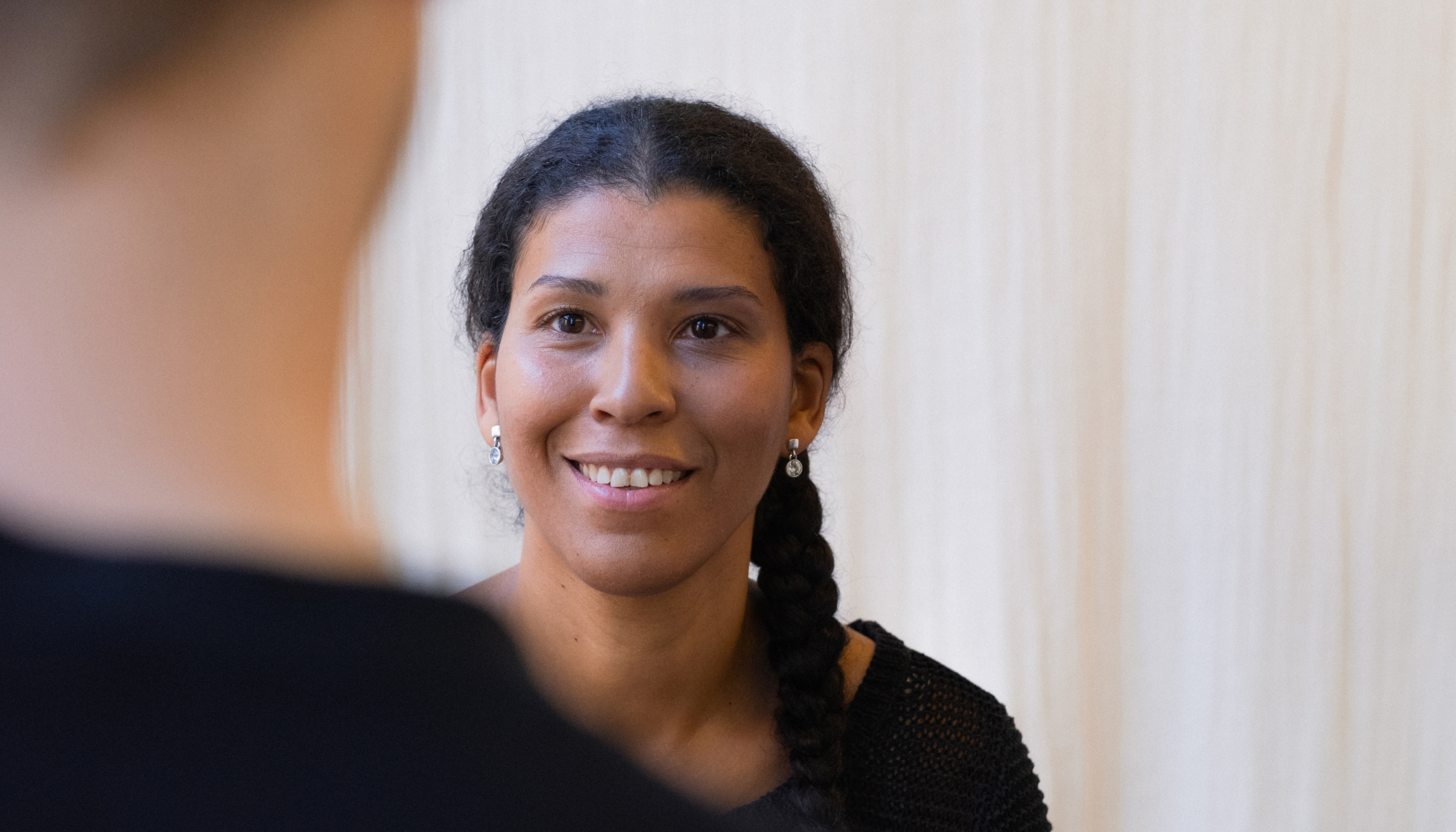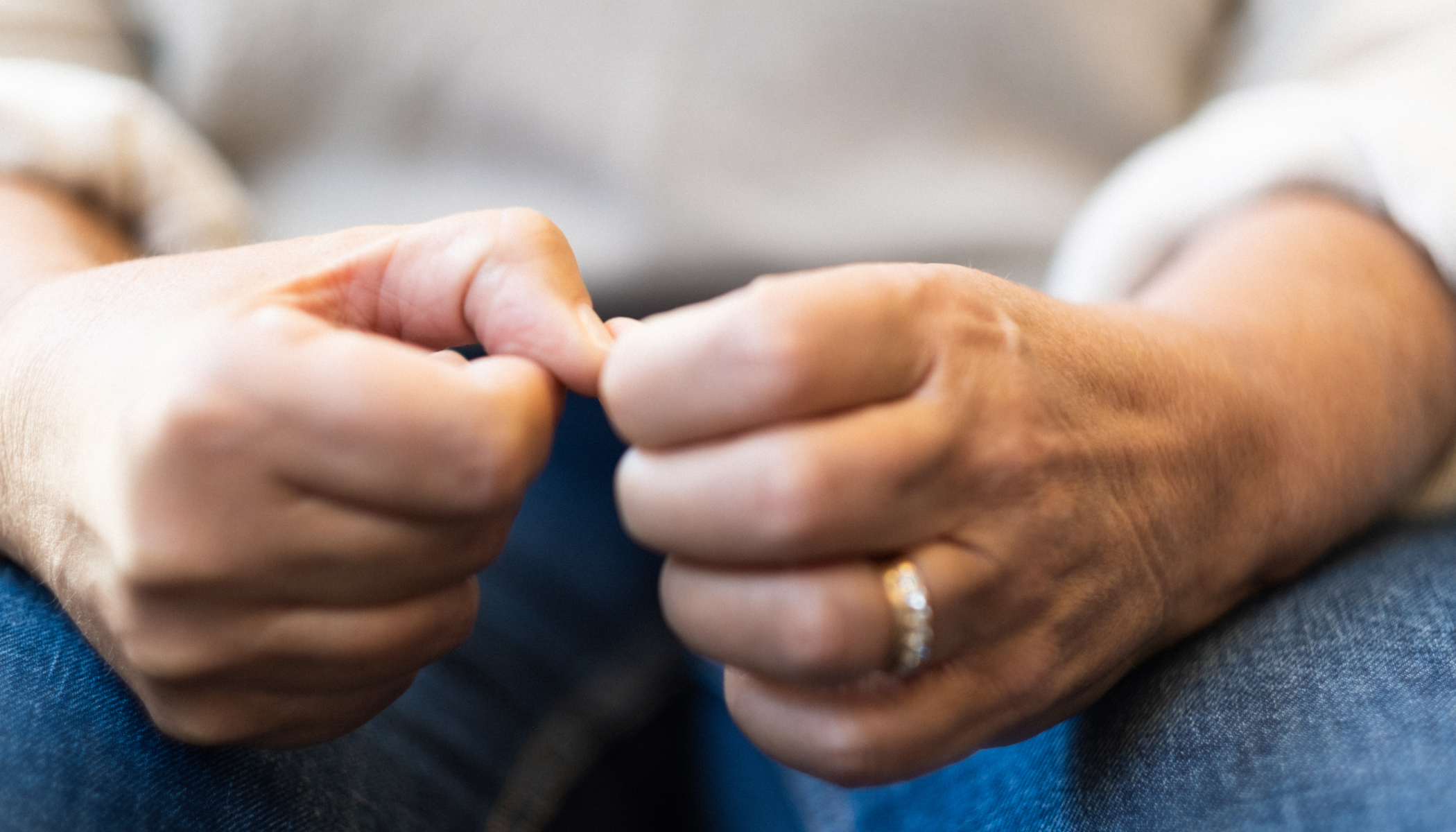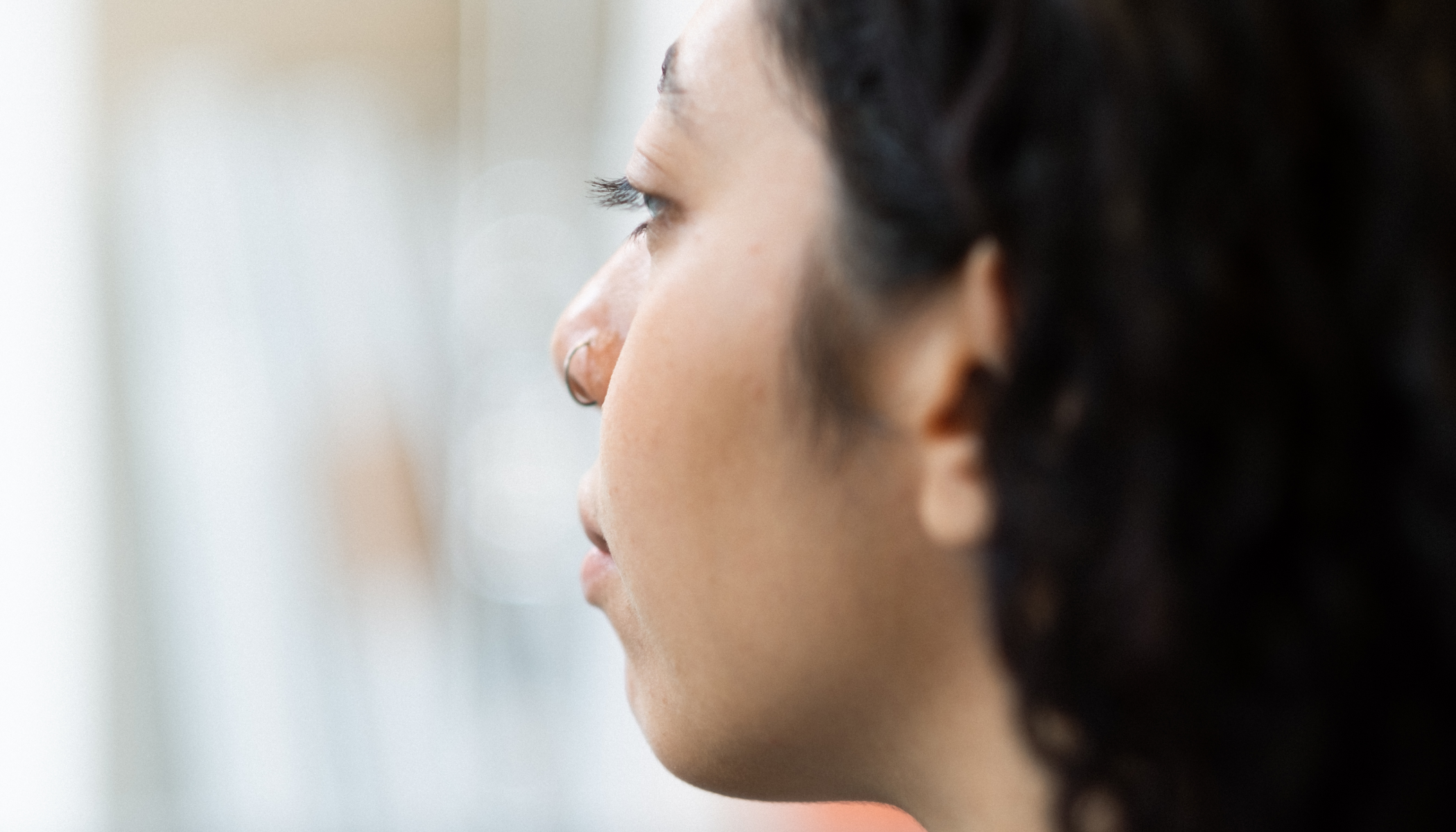If you feel uncomfortable about the idea of being vulnerable, you’re not alone. We often love it when people are open and honest with us, but can find it difficult the other way around.
Although being vulnerable isn’t always easy, it's a powerful tool to support personal growth. Research suggests that vulnerability is essential to satisfying our human need to build connections and maintain close relationships. Here’s everything you need to know about vulnerability.
What is vulnerability, exactly?
Emotional vulnerability is about letting yourself be seen and known for who you truly are, instead of how you might prefer to be perceived.
It means being open and honest about your own feelings, thoughts and needs, and vulnerable to the emotions and reactions of others.
‘Vulnerability is an important aspect of building trust and closeness in all kinds of relationships, allowing for deeper connections and better awareness of yourself and others,’ says Miranda.
How can vulnerability improve mental health?
Research has shown that bottling up thoughts and feelings is associated with higher levels of physical and mental health problems. Being vulnerable can have a really positive impact on mental health because when we open up we can find a sense of relief and release.
It can also help reduce the stigma surrounding mental health struggles and encourage others to seek help, providing a sense of community, understanding, hope and support for those who are going through similar experiences.
‘Vulnerability allows us to connect with others on a deeper level and can help us to feel less alone. It can also lead to developing healthier relationships, which in turn can significantly improve your overall wellbeing,’ says Miranda.
Why is it sometimes hard to be vulnerable?
‘Being emotionally vulnerable can feel scary for some people. It means opening up to others and sharing personal thoughts, feelings and experiences that may be painful to expose. It can also put you in a position where you feel you can get hurt,’ Miranda explains.
There are several barriers that can make it difficult to be vulnerable. Some of the most common include:
- Fear of rejection
- Fear of judgement
- Lack of trust
- Past trauma
- A belief that vulnerability is a sign of weakness
- Societal pressure to live up to a certain image or to be self-sufficient
‘It’s completely normal if you find it hard to be vulnerable or feel like it just doesn’t suit you. Feeling vulnerable naturally triggers our anxiety response and our fight or flight survival mode, making us avoid feeling vulnerable because we see it as a threat,’ says Miranda.
How do I know when it’s the right time to be vulnerable?
It’s important to trust your instincts when you decide when to share personal things with others. It's generally best to be vulnerable with someone you trust – someone who’s shown they can be supportive and understanding.
It's also important to consider the context and the level of vulnerability you’re comfortable with. Know your boundaries and think about the environment you’re in. Does it feel like the right time and place to share?
Remember to take the time to reflect on your own feelings and needs before sharing with others. If it doesn’t feel right to talk to people you know, talking to a therapist can help.
6 myths about vulnerability
1. Vulnerability is a sign of weakness
To be vulnerable, you need to be able to be honest with yourself and others, and be open to the possibility of hurt. For these reasons, vulnerability actually takes a great deal of courage and strength.
2. Being vulnerable means exposing all of your secrets
You don’t need to share every detail of your life with each person you meet. Vulnerability is about sharing the right information with the right person.
3. People will take advantage of your vulnerability
Being vulnerable is not an invitation for people to take advantage of you. It's about building trusting, healthy relationships and connecting with others on a stronger level, rather than opening yourself up to manipulation or exploitation.
4. Vulnerability is only necessary with a partner
You’ll discover the benefits of being vulnerable in all types of relationships, not just romantic ones. It can lead to deeper connections and understanding in friendships, family relationships and even professional relationships.
5. Vulnerable people are emotionally unstable
Being vulnerable doesn’t mean you don’t have a hold on your emotions. It means you’re open and honest about your emotions in times that matter, allowing yourself to be fully understood. Vulnerability is often a sign of emotional intelligence and increased self-awareness.
6. Men shouldn’t be vulnerable
‘Many men struggle with vulnerability due to the belief that they should be strong, stoic and self-reliant,’ Miranda explains. ‘These beliefs can lead men to feel isolated and unsupported. It's important for men to challenge their own and others' expectations, express emotions in a helpful way and find healthy role models.’
Therapy can be a helpful way to learn how to trust, and express emotions in a healthy way to a non-judgemental professional.
A psychologist’s advice on how to be vulnerable
Practise self-awareness
Take some time to reflect on your feelings. Try to understand why you feel the way you do and how you react to different situations. This will help you become more in tune with your own emotions, which will make it easier to share them with others.
‘Journaling is a great way to become more self-aware,’ says Miranda. ‘If you track how you feel you can improve your mood by recognising triggers and learning better ways to manage them. It gives you a way to prioritise problems, fears and concerns, identify negative patterns and develop positive self-talk and behaviours in response to challenges.’
Communicate openly and honestly
Share what’s on your mind with people you trust, even if things are difficult to express. Talking honestly allows you to:
- Have new experiences
- Feel less alone
- Better understand your problems
- Learn and develop more helpful ways of dealing with difficult feelings
This communication can help you focus your energy and attention on living your life more meaningfully.
Learn to accept vulnerability
It's normal to feel instantly vulnerable when you share. Try to accept this feeling and not let it hold you back from opening up to others – chances are they’ll be happy you’ve told them, and it could even help them share more with you, creating a deeper connection.
Practise active listening
When someone’s sharing something personal with you, make an effort to give them your full attention and listen. Reflect on what they are saying and ask questions to understand their perspective better. Refrain from giving them advice and suggestions and try to put yourself in their shoes.
Embrace your authenticity
Being true to yourself is important when being emotionally vulnerable. Try not to be someone you're not, or hide your true feelings to please others. Embrace your unique perspective and express yourself authentically.
Take small steps
Vulnerability can be overwhelming, so if you’re not feeling super comfortable with it, start small. Share at your own pace, take things slowly, see how the person responds, and gradually share more as you grow to trust their response. When you become more comfortable with vulnerability, you can take bigger steps.
Talk to a therapist
It may feel hard to find the right time and place in your life to be vulnerable. If you're feeling unsure about how to approach it, don't hesitate to get support from a therapist. They can provide guidance and tools to help you navigate your emotions and communicate effectively with others.
‘Being more emotionally vulnerable is a journey – it takes time to develop the ability to trust others and to be open about our emotions,’ says Miranda.
‘It's important to be patient and kind with yourself and to remember that it's okay to feel vulnerable, scared or unsure. With practice, or help from a therapist, you can learn to open up more and build deeper connections with others.’
This article has been approved by Silvia Miranda, Consultant Psychologist and Clinical Lead for Mental Health at Livi.


